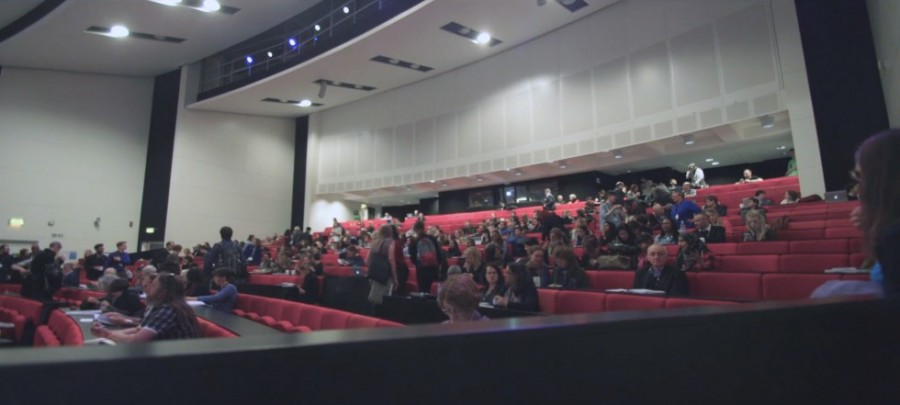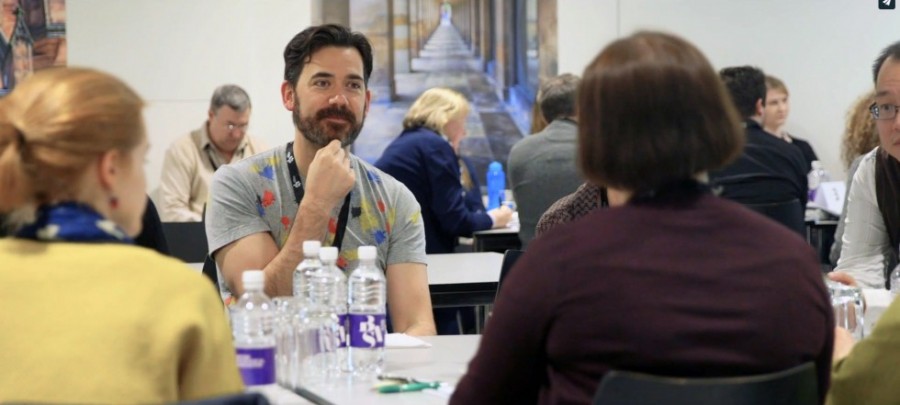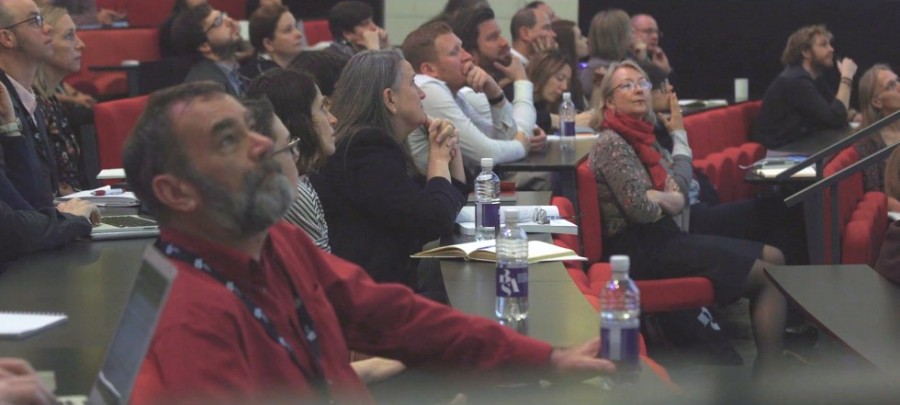What is “Extra-parish” Church Life and Why it is Important in the Russian Orthodox Context

For the Russian Orthodox Church, extra-parochial and inter-parochial brotherhoods – that is, church communities which arise out of the attempt to connect our faith with human life, and are dedicated to more than just regular churchgoing – are, on the one hand, a traditional phenomenon; yet this phenomenon is neither well-known nor well studied.
Where do “extra-parish” church brotherhoods come from and what values and internal forces cause them to form? What does a person who joins and lives in such a brotherhood go through? These were the focuses of Anna Alieva’s study, which she completed a couple years ago. She had the chance to present some of her findings at a recent conference of the British Sociological Association, “Identity, Community and Social Solidarity”, which was held at Northumberland University in Newcastle, England, on 10-12 April.
Orthodoxy remains an unknown land – a terra incognito – both to society as a whole and for those who study it. Despite a number of interesting studies, as of yet we have not worked out any adequate methodology for using sociological tools to study the phenomenon of Orthodox faith. How are we to discover quality sample sets from among those 60-80% of Russians who call themselves Orthodox? How can we distinguish Orthodox atheists from the Orthodox faithful? From everyday Orthodox, superstitious Orthodox, Evangelical Orthodox, theoretical Orthodox and practical Orthodox? Experience shows that even data such as regularity of church attendance or participation in the sacraments gives us little idea as to the real faith a person has and the extent to which he is actually an active member of the Body of Christ.
Extra-parochial and inter-parochial Orthodox brotherhoods – i.e. communities of believers who actively participate in parish life, the bounds of whose communities are nevertheless not formed by the parish itself – are but a homeopathic minority within the dominant confession of our land. According to Alieva’s data, members of brotherhoods number no more than several thousand people among the tens of millions of Orthodox Russians. But despite their small number of members, brotherhoods exert a noticeable influence on the life of the religious population of our country, as well as on the life of society as a whole.
This influence is a result of education in the faith, study and the recovery of the meaning of the tradition within the Church’s liturgical services and in other areas. Primary here is the recovery of ancient methods of preparing people for baptism and the church life which follows baptism – raising the level of education about the life of faith within the church in general. One typical trait of Orthodox brotherhoods is that they strive to restore a “covenantal” way of interrelating within the church itself, the life of the church family, which is related to informal but clearly actualized membership (such as, for instance, is lacking in our modern parishes).
Russian history has seen many examples of church movements which have arisen out of the attempt to embody our faith not only in pious liturgical services, but also in everyday life. Some of the examples closest to our own experience, for instance, are Nikolay Nipljujev, a great teacher and founder of the Elevation of the Cross Workers’ Brotherhood, the brotherhood of his spiritual son, Bishop and Catechist Makary (Opotsky), and the group of 32 St. Petersburg priests and devotees of church revival, among others.
It is characteristic for such brotherhoods to concern themselves not only with the internal life of the church, but also to pay attention to dialogue between the church and society, make attempts to appeal to the conscience of the people, and to seek Christian answers to the urgent questions of the times. In our Post-Soviet times this is, to a large extent, wound up with restoration of historical fact and national repentance for the crimes of the Communist regime. We pray, even publicly for the victims and the perpetrators of this repression, as well as undertaking various related educational and research initiatives.
The yearly conference of the British Sociological Association on “Identity, Community and Social Solidarity” took place this year in Northumberland at the University of Newcastle, in the UK. The conference brought together participants from Europe, Asia, Africa and North America. Around 500 papers on topics relating to various pressing questions for modern society were presented. Discussion focused on how communities, including religious communities can help to solve these problems.


